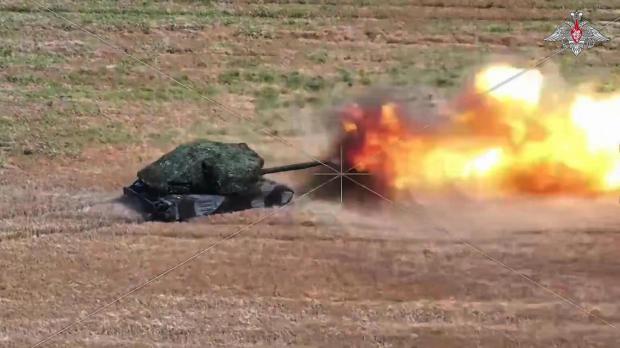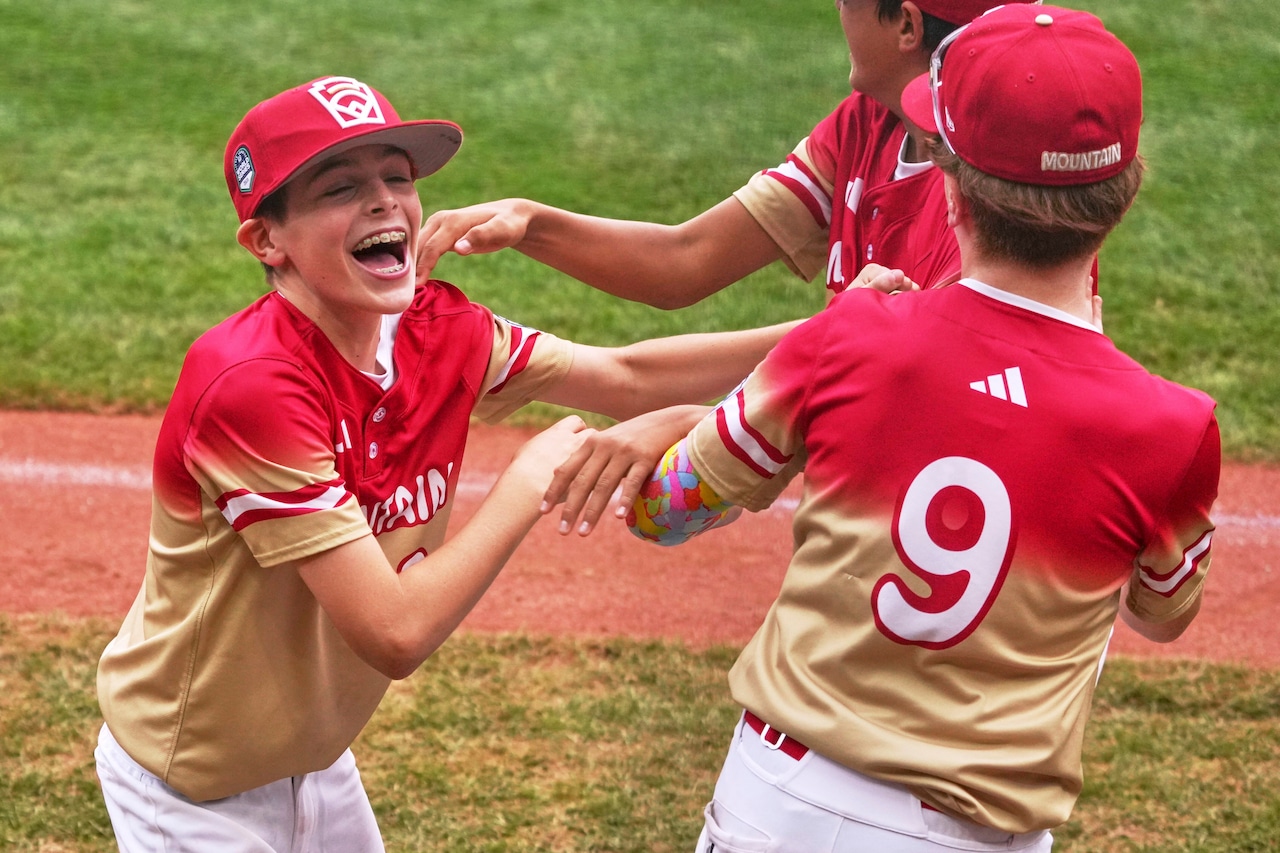By ILLIA NOVIKOV and SAM McNEIL, Associated Press
AP (BRUSSELS) According to a senior alliance official, NATO defense chiefs had an open conversation on Wednesday about what security assurances they could provide Kyiv in order to aid in the negotiation of a peace deal that would put an end to Russia’s three-year assault on Ukraine.
Related Articles
-
Israel approves settlement project that could divide the West Bank
-
An unidentified flying object has crashed and exploded in Poland s east
-
Israel to mobilize tens of thousands of reservists for expanded Gaza operation
-
Today in History: August 20, first women invited to join Augusta National golf club
-
Mexico says there s no agreement with DEA for new border enforcement collaboration
The chair of NATO’s Military Committee, Italian Admiral Giuseppe Cavo Dragone, reported that 32 military chiefs from throughout the alliance convened a video conference as part of a diplomatic effort spearheaded by the United States to put an end to the conflict.
He claimed that the conversation on the call was excellent and open. As usual, he posted on social media site X, saying, “I appreciate everyone’s always proactive participation in these meetings: we are united, and that unity was truly tangible today.”
One of the most important factors in persuading Ukraine to agree to a peace agreement with Russia is promises that it won’t be invaded again in the future. In order to strengthen its defenses, it seeks Western assistance for its military, including training and weaponry, and Western officials are rushing to determine what promises they could provide.
Sergey Lavrov, the Russian foreign minister, criticized attempts to develop security arrangements in Ukraine without Moscow’s intervention.
The idea of resolving collective security challenges outside of the Russian Federation is something we cannot support. According to state news agency RIA Novosti, Lavrov stated on Wednesday that this would not work.
During a press conference with Jordanian Foreign Minister Ayman al-Safadi in Moscow, Lavrov added that Russia would forcefully and sternly protect (its) legitimate interests.
According to Dragone, the virtual discussions included participation from U.S. Gen. Alexus Grynkewich, NATO’s supreme allied commander Europe. According to a U.S. defense official, U.S. Gen. Dan Caine, the chairman of the Joint Chiefs of Staff, was also scheduled to attend.
The defense official, who spoke on condition of anonymity and was not authorized to discuss publicly, said Caine also met with European military chiefs Tuesday evening in Washington to evaluate the best military options for political leaders.
U.S. President Donald Trump hosted Ukrainian President Volodymyr Zelenskyy other notable European leaders at the White House on Monday after meeting with Russian President Vladimir Putin in Alaska last Friday. Neither meeting produced tangible results.
Over three years after Russia invaded its neighbor, Trump is attempting to guide Putin and Zelenskyy toward a solution, but there are significant barriers. Among these are Ukraine’s requests for military guarantees supported by the West to guarantee that Russia won’t launch another invasion in the upcoming years.
Following Russian missile and drone strikes on six Ukrainian districts overnight, Zelenskyy stated in a Telegram post on Wednesday that “strong security guarantees are necessary to ensure a truly secure and lasting peace.”
A coalition of 30 states, including European countries, Japan, and Australia, have agreed to support Kyiv’s European allies’ efforts to establish a force that might thwart any peace deal.
Military leaders are trying to figure out how that security force may operate. It’s uncertain what part the United States might play. Trump denied on Tuesday that the United States should send soldiers to Ukraine to assist defend it from Russia.
Russia has stated time and time again that it will not allow NATO forces to enter Ukraine.
According to Ukrainian police, 15 people were hurt in attacks on civilian areas in Sumy and Odesa overnight into Wednesday, including a family with three young children. According to officials, Russian strikes also targeted petroleum and energy facilities, as well as ports.
According to Zelenskyy, the strikes merely serve to highlight the necessity of applying pressure on Moscow and enacting fresh sanctions and tariffs until diplomacy reaches its maximum potential.
Trump said on Monday that he had started making plans for Putin and Zelenskyy to meet in person, but the Kremlin has not made any public confirmation of the idea and no location has been proposed.
During his news conference in Moscow, Lavrov stated that Russia is willing to engage in further talks with Ukraine in any form.
He claimed that during recent, mostly unsuccessful direct negotiations in Istanbul, Putin suggested to Trump increasing the degree of representation in delegations. In addition, he stated that the political, military, and humanitarian aspects of the settlement should all be examined in a distinct block of discussions.
Putin has been accused by Ukraine and Western leaders of prolonging peace talks in an attempt to seize additional territory before reaching a settlement.
Emmanuel Macron, the president of France, suggested Geneva, Switzerland, as a possible location for the meeting. Switzerland has stated that it would be willing to host.
Because Putin is wanted by the International Criminal Court in The Hague on a warrant dated March 2023 for suspected involvement in the kidnapping of Ukrainian children, his travel options are restricted. As signatories to the ICC, almost 100 nations are legally required to detain the Russian leader on their territory.
According to a top official in The Hague with firsthand knowledge of the request, Switzerland plans to propose that the ICC waive its sanctions against it so that it can host Putin for a summit. The official spoke on condition of anonymity and was not permitted to discuss the procedures.
From Kyiv, Ukraine, Novikov reported. Mike Pesoli from Washington and Molly Quell from The Hague contributed.











